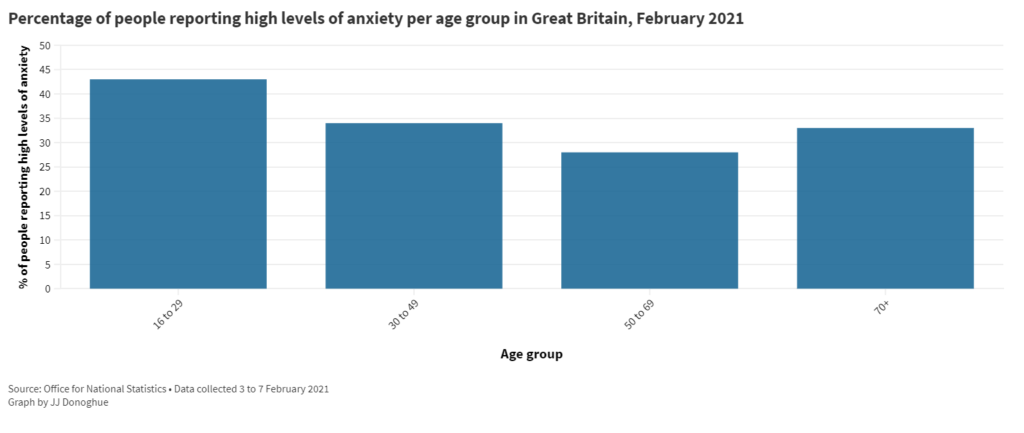Mad Millenials aims to encourage young people to discuss mental health

AN online peer support group has been set up for young people who live in Cardiff as part of a national organisation called Mad Millennials.
Mad Millennials is a non-profit organisation which was set up by Lauren Bamford and Charlotte Brockman in 2018.
They have established 12 peer support groups across the United Kingdom aimed at encouraging young people to talk about their mental health.

Rachel Connery, 21, studies physiotherapy at Cardiff University, and has volunteered to set up a group in Cardiff.
She said: “It’s a way of creating a non judgemental space. When people from the same age group are showing that they have similar experiences, it can help other people to deal with it.
“So in our group, there’s a lot of people who suffer with anxiety and depression.
“Personally, I don’t actually have any of those, so support from the other group members helps them to understand their own feelings which is really nice.
“It’s creating a sense of community and connection through a shared identity.”
The groups focus on different topics related to mental health each month, and the first online meeting of the Cardiff group on Thursday, February 25, will focus on relationships.
Figures released by the Office for National Statistics on February 12 show that 43% of 16 to 29 year olds in Great Britain report high levels of anxiety, a larger percentage than any other age group.
They also report lower levels of life satisfaction than any other age group.

Ms Connery believes that lockdown and the social isolation it creates can be difficult for everyone, but that getting involved in a peer support group can help.
“I think when you speak through things and explain yourself to others, it helps you deal with your own thoughts,” she said.
“Especially with the fact that a lot of us are spending more time on our own, it’s a long time for you to be with your own thoughts and you can overthink things.
“Then when you come to explain how you’re feeling to someone else, in doing so you’re rationalising it, and then thinking to yourself at the end, maybe it’s not as important as I thought it was, or there are other things that I could focus on.”
However, Ms Connery believes that young people are particularly in need of support, especially if they are studying.
“Everyone finds that, when studying, you go through intense periods of stress,” she added.
“Although you’ve got support through the university and you can access counselling services, often there’s a waiting list for things like that.
“It’s difficult to access, and I don’t think people would want to access formalised support.”



